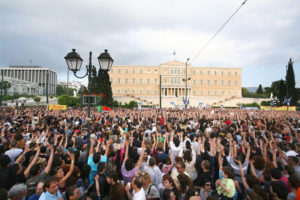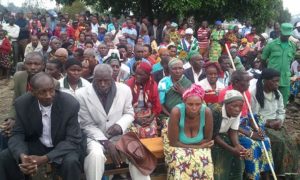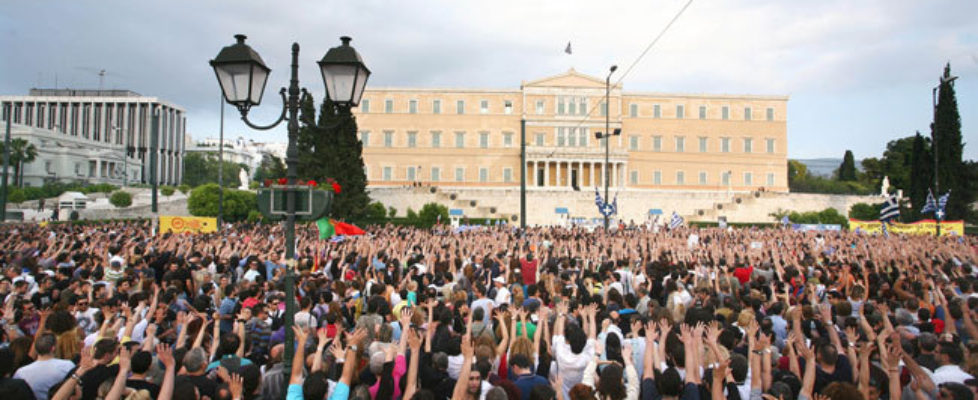Taking decisions – is voting a hallucination of democracy?
Continuing our series of posts about decision-making, here’s a couple of stories about voting, and whether it’s part of democracy or not – from neighbourhood assemblies in Greece, to village meetings in Rwanda. Let us know about your experiences of decision‑making in practice, or share your answers to the title question in the comments below.
There are resources available to help you in your decision‑making, on facilitation, on consensus decision‑making, and a plethora of our older resources here for even more tips and tricks.
If you’re a bit stuck, are facing a particularly difficult decision, or would just like an external facilitator to support your decision‑making and group‑work, get in touch.
Read more about our facilitation services, and other help we can give you.
 Yes, says Fani, from the Ano Poli assembly in Thessaloniki, one of 45 neighbourhood assemblies that Athens had in 2012. She might be right, but only in some settings. Here’s a counter-example. Each village in Rwanda meets to identify and tackle its problems. This process is supported by the government and is called Ubudehe. It was studied for a PhD by Ashish Shah. Without voting, it would be easy for the rural elite to cajole meetings into decisions that reflect their interests. Actually, writes Shah, “many ‘middle peasantry’ respondents cited examples of how methods
Yes, says Fani, from the Ano Poli assembly in Thessaloniki, one of 45 neighbourhood assemblies that Athens had in 2012. She might be right, but only in some settings. Here’s a counter-example. Each village in Rwanda meets to identify and tackle its problems. This process is supported by the government and is called Ubudehe. It was studied for a PhD by Ashish Shah. Without voting, it would be easy for the rural elite to cajole meetings into decisions that reflect their interests. Actually, writes Shah, “many ‘middle peasantry’ respondents cited examples of how methods  of preference scoring had helped calm and influence tense debates, especially when opinion leaders were forcefully trying to pursue their own agendas against their preferences.”
of preference scoring had helped calm and influence tense debates, especially when opinion leaders were forcefully trying to pursue their own agendas against their preferences.”
The use of voting in this case isn’t an unmixed blessing. The voting works in favour of the middle peasantry because of their numerical strength. By the same token, it means that minorities do badly.

